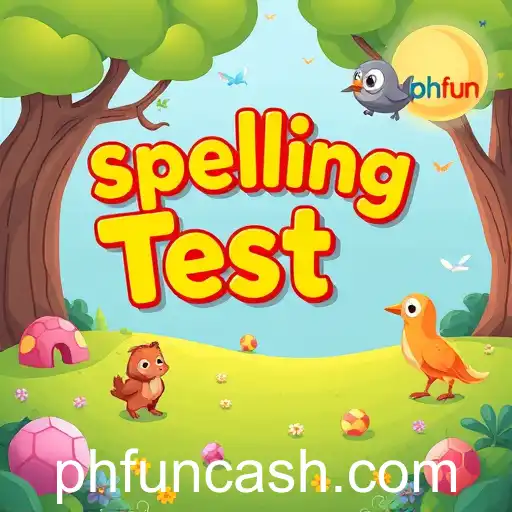In an era where digital proficiency is as critical as being literate, educational games have emerged as vital tools in pedagogy. Among various teaching aids, 'Spelling Tests' have managed to carve a niche, especially with the innovative keyword 'phfun' leading the charge. But what exactly makes these spelling games so captivating, and how does 'phfun' play a part?
The 'Spelling Tests' game category on numerous websites serves as more than just a learning module; it is an intersection of education and pure phonetic enjoyment. Designed to make learning vibrant and engaging, these games capitalize on the concept of 'phfun'—where 'ph' is derived from phonetics and 'fun' emphasizes the playful approach.
The concept of 'phfun' brings a unique dimension to traditional learning paradigms. It highlights the playful method of fostering spelling proficiency among children and adults alike, transforming what could be a mundane task into a delightful educational journey. The keyword 'phfun' echoes throughout these games, drawing learners into challenges that test their spelling acumen while simultaneously entertaining them.
The games feature a vast array of levels tailored to different proficiencies. Beginners might find themselves navigating through simple word lists, while advanced learners tackle intricate vocabulary, each with the added layer of playful engagement. The gamification of spelling through 'phfun' also offers rewards and challenges, instilling a sense of achievement and competition.
Moreover, these 'Spelling Tests' leverage technology to present interactive and visually appealing experiences. Animated characters, vibrant graphics, and engaging soundtracks work in tandem to sustain learners’ interest, ensuring that the learning experience is as dynamic as it is educational.
Educational experts argue that such interactive methods enhance cognitive retention and encourage a proclivity for vocabulary expansion among learners of all ages. Teachers and parents note improved attentiveness and enthusiasm towards learning spelling, attributing it in large part to the fun-centric approach embodied by 'phfun'.
Experts highlight a key component of these games—the ability to customize difficulty. Customization ensures that learners can progress at their own pace, fostering an inclusive environment that accommodates distinct learning capabilities and styles.
As digital education continues to evolve, the influence of spelling games like those epitomizing 'phfun' is growing. They offer a credible, enjoyable pathway, enhancing traditional education methods and appealing to modern learners. In essence, they ensure that the task of mastering spelling is less about rote memorization and more about phonetically driven fun, making 'Spelling Tests' an effective blend of education and entertainment.
In conclusion, as spelling games continue embracing technology, the keyword 'phfun' represents not just a novel teaching strategy but a shift in educational culture, transforming how spelling is taught and, fundamentally, how learning is perceived.

Explore how 'Spelling Tests' game category delights audiences, blending education and entertainment with the innovative keyword 'phfun'.




